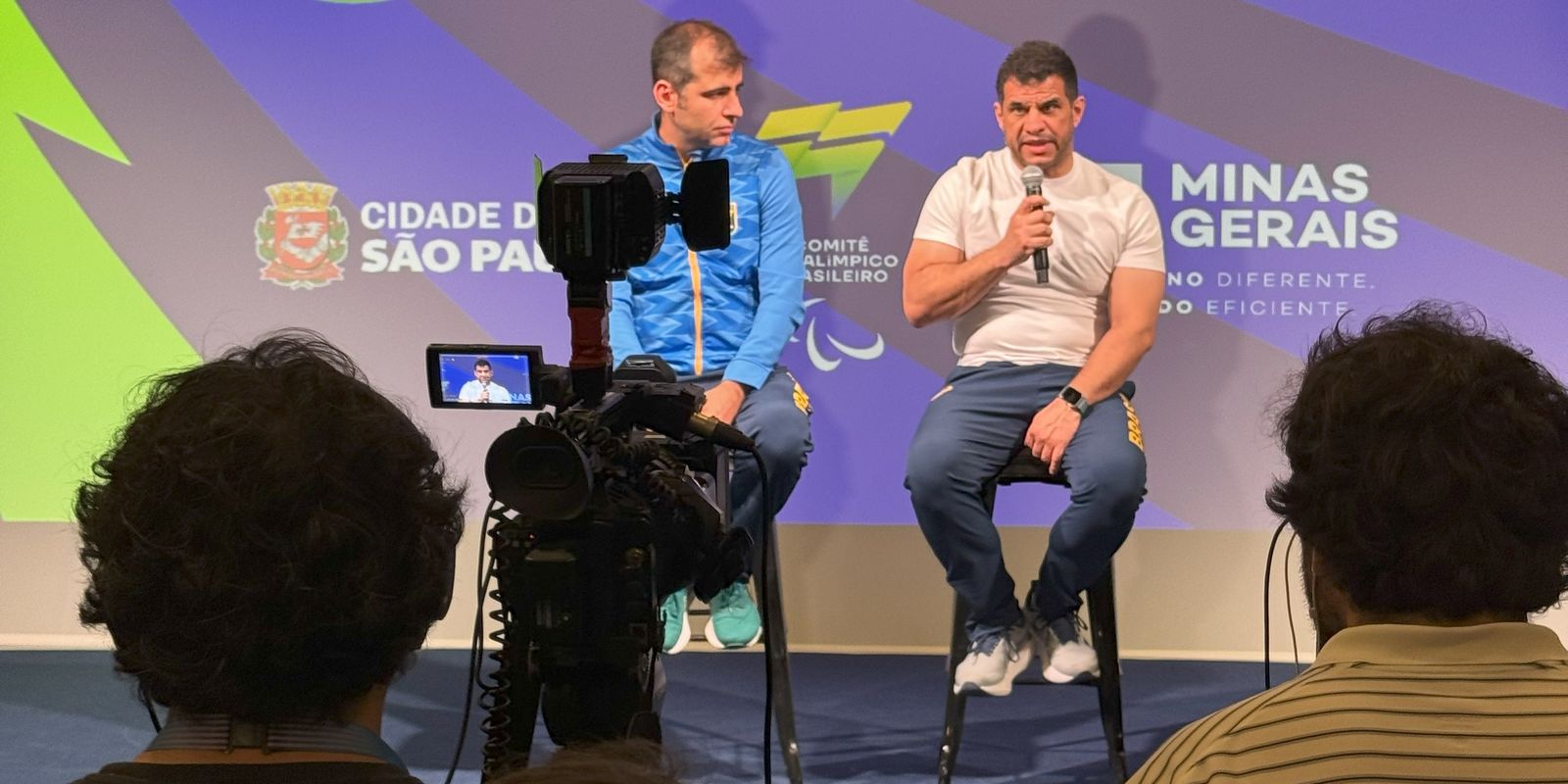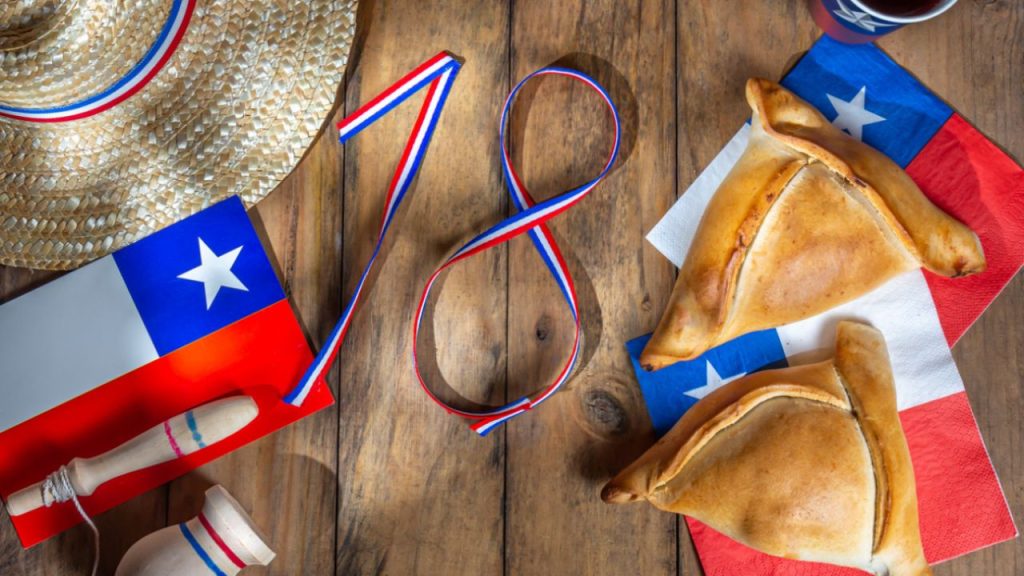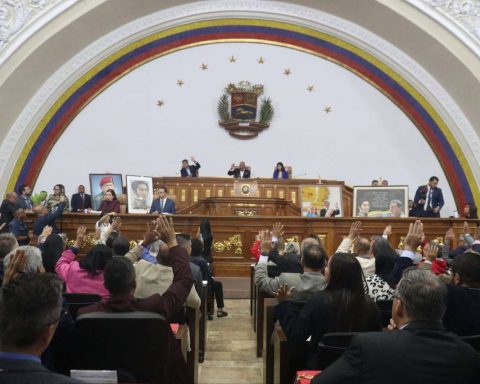Brazil ended its participation in the Paris Paralympics (France) with a record number of podiums (89) – 25 gold, 26 silver and 38 bronze -, in addition to fifth place in the medal table of the mega event held in the French capital, the best Brazilian placement in the history of the competition. For the president of the Brazilian Paralympic Committee (CPB), Mizael Conrado, the result is a consequence of the strategic planning announced in 2017 and a change of direction in the entity’s strategy.
“This plan has been a compass over the last eight years and has guided us to this point. It brings inclusion to the center of our purpose. We stopped doing inclusion based on repercussions and started to have it in our mission. We changed the logic of sports development. We started to go to the people, we created the Paralympic Festival, the Paralympic School, the School Camping [que reúne os destaques da Paralimpíada Escolar para um período de treinos em alto rendimento]”, said Mizael in a press conference held this Sunday (8) at Casa Brasil Paralímpico, in Saint-Ouen, a city neighboring Paris.
“We created the athlete’s path, which starts at the school and can culminate in a podium like here in Paris. We lost two years of the cycle due to the pandemic [de COVID]otherwise, we would have more young people coming from these programs. With the results of the training projects, the results will be even better”, added the president of the CPB.
The plan announced in 2017 projected that Brazil would win between 75 and 90 medals in Paris, in addition to establishing itself among the eight most decorated delegations. At the Tokyo Games (Japan), the country had obtained 72 podium finishes, finishing on top 22 times, which was the previous record.
Another goal was to increase female participation in major events. In the French capital, around 42% of the green and yellow team was made up of women. They were responsible for the majority of Brazilian gold medals (13 out of 25). Among the highlights of the campaign were Paralympic champions Mariana D’Andrea (weightlifting), Jerusa Geber (athletics) and Carol Santiago (swimming).
“If we look at China [país que liderou o quadro de medalhas em Paris]she had more than 60% of the podiums won by women. I believe that following this logic of providing opportunities and creating conditions, they will increasingly be protagonists and will most likely surpass the results of men”, said the leader.
Rio 2016 Impact
Brazil’s performance in France is directly related to the Paralympics being held in Rio de Janeiro in 2016. This is what the president of the International Paralympic Committee (IPC), Andrew Parsons, assessed in an interview with Brazilian Communications Company (EBC).
“The Brazilian Paralympic movement took advantage of the opportunity [de sediar os Jogos] for legacy. The Paralympic Training Center in São Paulo, which is the nerve center of this development, and the increase in resources [ao paradesporto] are the result of that moment and Paralympic Brazil took advantage of it like few others”, commented Parsons, who is Brazilian, presided over the CPB during the 2016 Paralympics and had Mizael as his vice-president and successor.
Between 2001 and 2014, through the Agnelo/Piva Law, which allocated 2% of gross revenue from federal lotteries to sports, the CPB was entitled to 15% of this cut (the Brazilian Olympic Committee received the remaining 85%). Starting in 2015, one year before the Rio Games, with the Inclusion Law, the percentage allocated to the Paralympic entity was changed to 37.04%. Last year, the CPB received approximately R$224 million over 12 months.
Mizael also states that holding the mega-event in the capital of Rio de Janeiro has impacted Brazil’s growth in parasports. The director, however, warned about the conditions of some of the structures built for Rio 2016, which were used for both Olympic and Paralympic sports.
“It was very important. We had the construction of the Paralympic Center during that period. If it weren’t for the Games, the Center probably wouldn’t have been built. Before the Games, in 2009, we had eight tracks approved by the international athletics federation. With the Games, construction and renovations were carried out and we ended up with more than 50 tracks. Our concern now is that not all the facilities have been properly maintained. So, the structures built for Rio are starting to deteriorate. We were in the 27 capitals this year and it was a challenge,” analyzed the director.
“Our concern is to return to the pre-Games structure. The construction was important, but more was needed. How can an athlete be trained in a state if there is no track for him to compete? We have been observing here in France, and each city has an official swimming pool of a magnificent standard. Look how many we have in Brazil, there are cities, capitals, that do not have one,” concluded Mizael.

















